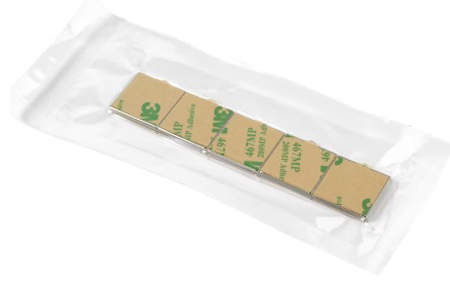Everyone knows about rare earth NdFeB magnets. The main reason most customers choose it is its super strong magnetism. However, it is easy to corrode and oxidize but its shortcomings. Therefore, some customers will ask about the effects of neodymium-iron-boron magnets after oxidation. Will it affect magnetism? Will it produce flammable gas? Today, the permanent magnet manufacturer Beilun Meank will analyze this problem with you.
The oxidation of neodymium iron boron magnets is mainly divided into long-term and short-term. The short-term oxidation of neodymium iron boron strong magnets will not have any effect on the magnetic force. Therefore, there are a few customers who have low requirements on the magnets and do not need to perform surface treatment.
In the long run, when the plating layer is damaged, the inner part of the neodymium-iron-boron magnets is oxidized, and its magnetism will also be weakened.
In summary, the short-term oxidation of the neodymium-iron-boron magnets will not affect its magnetic properties. In the long run, the magnetic force will be weakened. Furthermore, if the neodymium-iron-boron magnet is exposed to use, the appearance of the neodymium-iron-boron magnet will not be so beautiful after oxidation.
Under normal circumstances, neodymium-iron-boron magnets are generally galvanized or nickel plated. Zinc plating is a cost-effective choice. Nickel plating has better anti-corrosion properties. Some NdFeB magnets used in water are also often coated with epoxy. Resin.
Some customers are more concerned: Will the oxidation of neodymium-iron-boron magnets produce flammable gas? Neodymium-iron-boron is a magnetic metal material and does not produce flammable gas.
Last reminder: When the neodymium-iron-boron magnet is placed in a dry air environment for a long time, the oxidation of the magnet is not obvious, and the oxidation is very serious under the conditions of higher temperature or humidity. Please pay attention.




